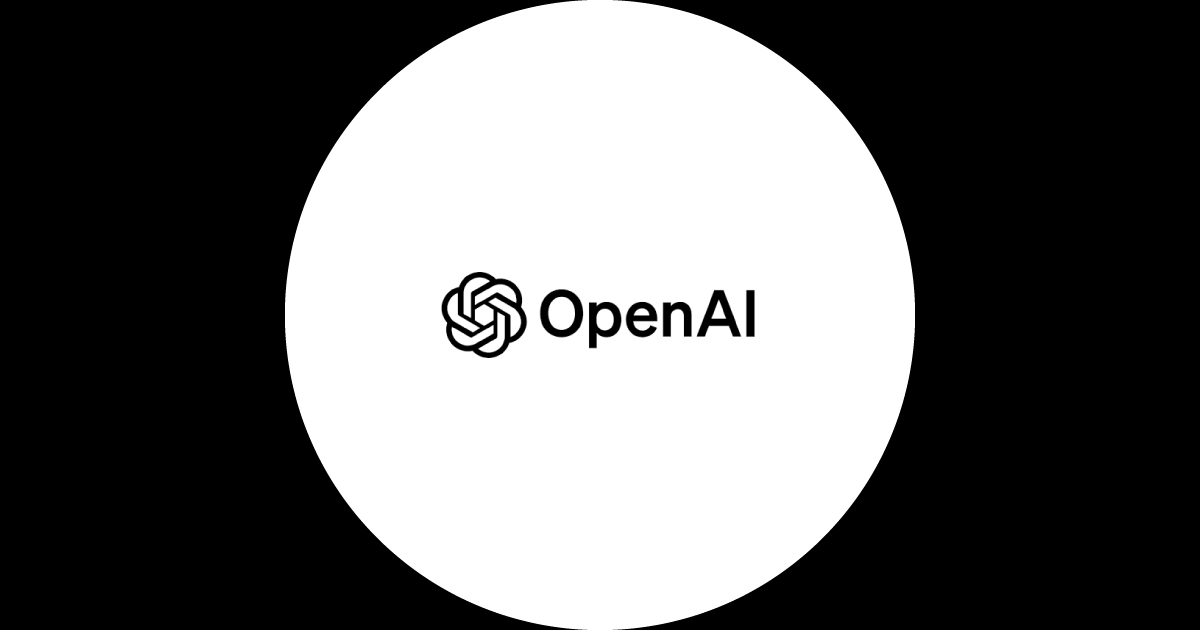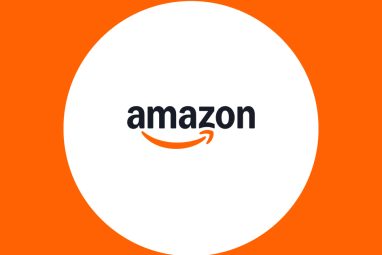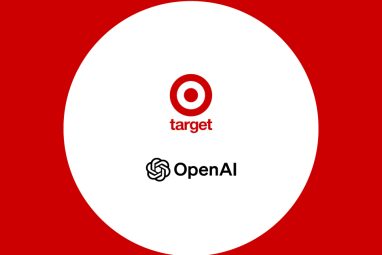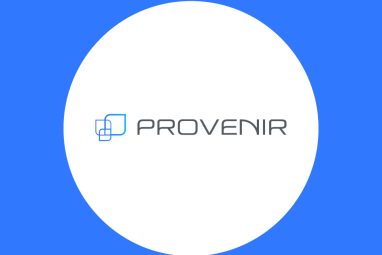OpenAI Set to Launch AI Web Browser
OpenAI’s browser is built atop Chromium, Google’s own open-source browser code. Chromium is the source code for Google Chrome, as well as many competing browsers, including Microsoft’s Edge and Opera.
Topics

OpenAI is close to releasing an AI-powered web browser that will challenge Alphabet’s Google Chrome.
The browser is slated to launch in the coming weeks and aims to use artificial intelligence to fundamentally change how consumers browse the web. It will give OpenAI more direct access to a cornerstone of Google’s success: user data.
If adopted by the 500 million weekly active users of ChatGPT, OpenAI’s browser could put pressure on a key component of rival Google’s ad-money spigot.
Chrome is an important pillar of Alphabet’s ad business, which makes up nearly three-quarters of its revenue, as Chrome provides user information to help Alphabet target ads more effectively and profitably, and also gives Google a way to route search traffic to its own engine by default.
OpenAI’s browser is designed to keep some user interactions within a ChatGPT-like native chat interface instead of clicking through to websites. The browser is part of a broader strategy by OpenAI to weave its services across the personal and work lives of consumers.
ALSO READ: How to Control Generative AI Content for Brand Integrity
The web browser would allow OpenAI to directly integrate its AI agent products, such as Operator, into the browsing experience, enabling the browser to carry out tasks on behalf of the user.
The browser’s access to a user’s web activity would make it the ideal platform for AI “agents” that can take actions on their behalf, like booking reservations or filling out forms, directly within the websites they use.
OpenAI’s browser is built atop Chromium, Google’s own open-source browser code. Chromium is the source code for Google Chrome, as well as many competing browsers, including Microsoft’s Edge and Opera.
Last year, OpenAI hired two longtime Google Vice Presidents who were part of the original team that developed Google Chrome. An OpenAI executive testified in April that the company would be interested in buying Chrome if antitrust enforcers succeeded in forcing the sale.
Google has not offered Chrome for sale. The company has said it plans to appeal the ruling that it holds a monopoly. OpenAI decided to build its own browser, rather than simply a “plug-in” on top of another company’s browser, in order to have more control over the data it can collect.
ALSO READ: Beyond Installs: Smarter Segmentation Is the New Mobile Growth Lever









































































































